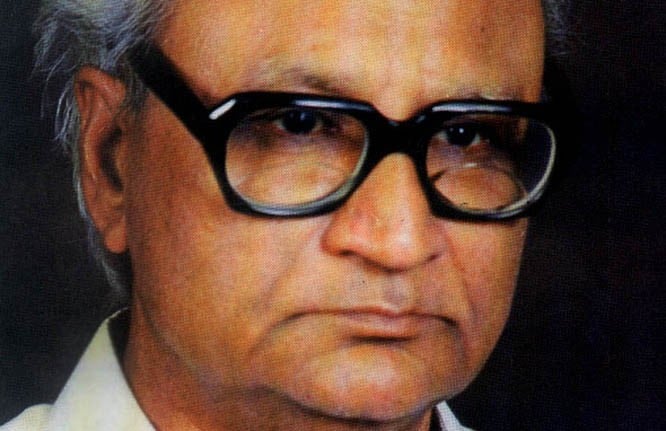
Urdu literature loses a critic, academic and author of considerable importance who left nearly a hundred books behind

With the recent passing of Dr Saleem Akhtar, Urdu literature has lost a prolific writer who dabbled in many a genre of Urdu literature over a period of five decades or so. The agility of his pen is evident in the nearly a hundred books that he’s left behind.
Although literary criticism was his forte, Akhtar was also known for his Urdu fiction. His magnum opus is Urdu Adab Ki Mukhtasir Tareen Tareekh (Shortest History of Urdu Literature) which ran into countless editions ever since it was first published in 2005.
Born in Lahore in 1934, he acquired his early education from Lahore and later moved to Rawalpindi with his family. After graduating from college, he moved to Peshawar and joined an Urdu newspaper Shahbaz as a sub-editor. He worked in The Punjab Public Library Lahore and Punjab University Library as a Library Assistant after getting a diploma in library sciences. During his service, he did a masters in Urdu literature and was selected as a lecturer, thus starting a long teaching career in which he would visit many cities, leaving his mark as a well-read teacher.
Dr Anwar Ahmad, a critic and an academic with decades of teaching experience, still remembers Dr Saleem Akhtar from his time at Emerson College, Multan. He first read Akhtar’s stories in a magazine, getting awestruck by his fiction which was quite bold for an average student back in those days. After getting into Emerson College as a student he became close to Akhtar, embarking upon a life long relationship that would last till his last breath. He acknowledges Akhtar’s contribution to both Urdu literature and fiction. Regarding his Urdu historiography book, Ahmad states that Dr Wazir Agha once wrote a critical note on his dissertation which didn’t go down well with Akhtar. "We advised him not to settle personal scores in an Urdu History book but he went ahead, which he shouldn’t have," he said.
He says that during Zia’s dark era, Akhtar wrote short stories which hit the dictatorial regime indirectly, however, these works weren’t acknowledged by the literati. He left his mark as an academic, as many students like Dr Anwar Ahmad later followed in his footsteps. Ahmad fondly mentions one of his books Bunyadparasti Kia Hai and says that another one of Akhtar’s books Tareekh remains popular among students of Urdu literature to this day.
Critic, fiction writer and academic Dr Asif Farrukhi believes that Akhtar was a critic of considerable importance whose fiction wasn’t discussed as much as it should have been. According to him, his historiography overshadowed his fiction which was "unusual", to say the least. "I would like to mention his memoir Nishan Jigre Sokhta which I read and enjoyed a lot. Zabt Ke Dewar, his novella, is a great literary document that portrays the life of an adolescent boy with a deftness that is hard to come by these days. His major contribution in Urdu fiction is that he chose subjects that were considered to be a taboo in the society, dealing with them in a masterly manner". Farrukhi reiterates that Akhtar’s fiction should have been explored a bit more by students and critics alike.
Apart from writing popular history of Urdu literature, Dr Saleem Akhtar was also adept at exploring Urdu literature through the prism of psychology, and he wrote a number of books on the subject. He could be called a trailblazer as he applied psychology to critically adjudge any literary piece. He served as an academic, author and critic with a rational and humane approach, something that is getting thinner with each passing day.
Dr Saleem Akhtar passed away in Lahore on December 30, 2018. He was 84.